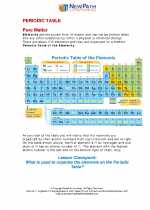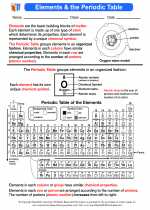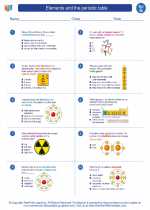Lubrication
Lubrication is the process of reducing friction between two surfaces in contact by introducing a lubricant. Lubricants can be liquids, such as oil or water, or solids, such as graphite or molybdenum disulfide.
Types of Lubrication
- Fluid Lubrication: In this type, a fluid film separates the surfaces, reducing friction and wear. Examples include oil and grease lubricants.
- Boundary Lubrication: This occurs when the surfaces come into direct contact, but a boundary layer of lubricant prevents excessive wear.
- Solid Lubrication: Solid lubricants are materials that reduce friction between surfaces, such as graphite and molybdenum disulfide.
Importance of Lubrication
Lubrication is important for reducing friction, preventing wear and corrosion, and extending the lifespan of machinery and equipment. It also helps in maintaining efficient operation and reducing energy consumption.
Factors Affecting Lubrication
- Viscosity: The thickness of the lubricant affects its ability to separate surfaces and reduce friction.
- Pressure: Higher pressure may require a more robust lubricant to prevent metal-to-metal contact.
- Temperature: Extreme temperatures can affect the viscosity and effectiveness of the lubricant.
- Speed: Faster speeds may require a more stable and durable lubricant.
Study Tips
When studying lubrication, it's essential to understand the different types of lubrication, their importance, and the factors that influence lubricant effectiveness. Additionally, familiarize yourself with common lubricants and their applications in various industries.
Be sure to also review real-life examples of how proper lubrication has benefited machinery and equipment, and how inadequate lubrication can lead to mechanical failures and increased maintenance costs.
Understanding the chemistry and physical properties of lubricants can also be helpful in grasping the science behind lubrication and its applications.
.◂Science Worksheets and Study Guides Seventh Grade. Elements and the periodic table

 Activity Lesson
Activity Lesson
 Worksheet/Answer key
Worksheet/Answer key
 Worksheet/Answer key
Worksheet/Answer key
 Worksheet/Answer key
Worksheet/Answer key
 Worksheet/Answer key
Worksheet/Answer key
 Vocabulary/Answer key
Vocabulary/Answer key
 Vocabulary/Answer key
Vocabulary/Answer key
